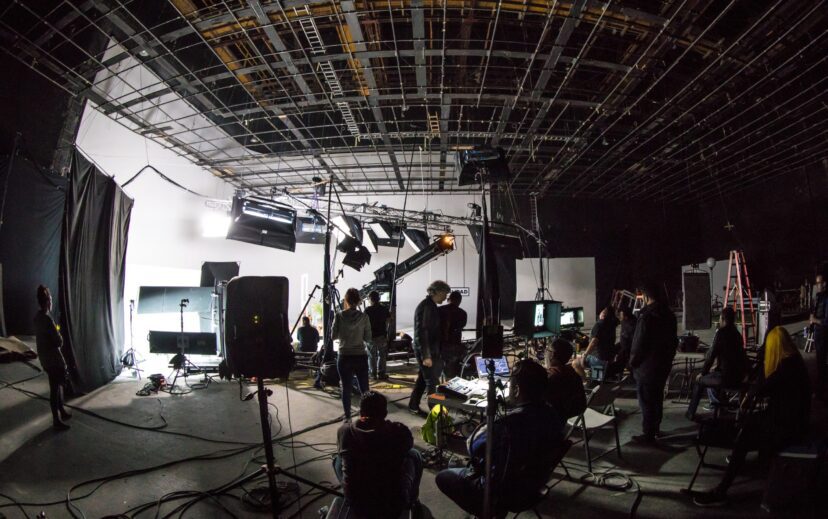WHAT DOES A FILM PRODUCER DO?
Film productions involve many complex pieces and multiple parties, which is why there are often several individuals with the title of “producer.” A film producer is the person who initiates, coordinates and manages the creation and production of a film. Generally, the producer is involved throughout the entire process, from the idea stage, to the project’s completion, to the launch and distribution of the film. Anyone involved in a film project should understand what roles different types of producers play in bringing the film to fruition.
TYPES OF PRODUCERS
In a large production company or film project, there may be several producers with different job titles and duties. These include executive producers, line producers, supervising producers, producers or co-producers and associate or assistant producers. In a small production, one person may be handling everything. General responsibilities for different types of producers are detailed below. However, it is important to note that the precise responsibilities of producers may vary depending on the size of the production and the arrangement between the individuals involved. A producer may work independently or be employed by a production company or studio.
Executive Producer
An executive producer (EP) oversees the production at a high level. Typically, EPs are not involved in the detailed technical aspects of the production and will hire and supervise other producers responsible for that work. EPs will secure financing and distribution, obtain intellectual property rights, assemble the key members of the creative team (directors, writers, talent, etc.), as well as ensure the project is completed on time and within budget.
Some EPs will take a more hands-on approach with respect to certain aspects of the production, such as negotiating with key talent. In a smaller production company, the EP may also be a creator or writer.
Producer or Co-Producer
A producer also works at a high level like the EP and may provide financing or other benefits to the film. However, someone with a title of co-producer may be more active in managing the production than either the EP or producer. There may be multiple co-producers with responsibilities for different aspects of the production such as development or financing.
Line Producer
Line producers handle the detailed aspects of the production process. They supervise the “below the line” crew, meaning the work by everyone except for the producers, directors, screenwriters and principal cast. They assist the EP and producer in managing the budget and schedules, hiring additional creatives and talent, supervising other producers, managing post-production and ensuring all work is done in accordance with union regulations and the budget. The EP may make the key decisions while the line producer makes the day-to-day decisions with the final approval of the EP.
Supervising Producer
For larger productions, there may be a supervising producer who oversees the other producers. This role may also include managing schedules.
Associate or Assistant Producer
The duties of an associate or assistant producer vary depending on the production. Generally, they do not have a significant hands-on role in the production. The title may be given to someone providing financing or other assistance to the production as a token credit on the film. Associate or assistant producer credits can likely be negotiated by people involved in the production.
BECOMING A PRODUCER
Producers often start in other areas of film or television and work their way up, such as by being a writer, director, cinematographer, film editor or holding a technical position. Their first productions may be as students, or for small independent productions and film shorts.
When the time comes and they finally secure a producer role, it is important to have a contract or term sheet detailing the role and what is expected. This can ensure that the film producer is credited correctly and understands their responsibilities.
CONCLUSION
While film producers may have varied responsibilities, they are always integral to the success of a production. Whether you are a producer, you want to be a producer, or you will be working with a producer on a film, it is important to understand what the role requires and get advice from others in the industry, including lawyers. This ensures protection of your own rights and interests in any film-related agreement. Romano Law entertainment lawyers are here to help. Contact us today to schedule an appointment.
Carlianna Dengel is admitted to practice law in New York and California.






